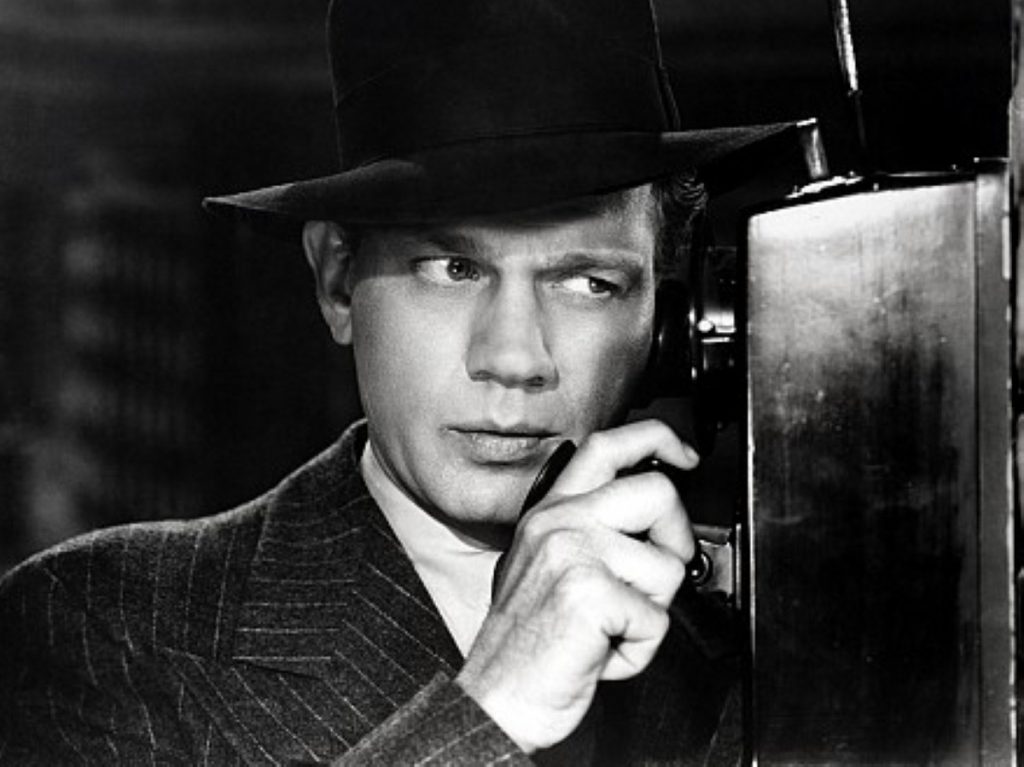Sketch: Labour wobblers’ hacking horrors
The phone-tapping row has forced MPs to confront a truth more horrifying than many have ever encountered: that someone might actually be listening to them.
Usually the sparsely-populated Commons is a desert of news, ignored by the press and scorned by the general public. It is the sort of place where politicians go if they don’t want to make an impact. How bewildering, therefore, that some strange twisted individuals might be interested to hear what they have to say.
Conspirators-in-chief Tom Watson, who talked in bullet-points, and self-proclaimed victim Chris Bryant, would probably have preferred to deliver their horror stories by upturned-torchlight. Bryant revealed, under the insipid lamps of the Commons, how he had uncovered that his mobile has been “interfered with”. This discovery probably took place in scenes reminiscent of the opening chapters of an Enid Blyton thriller. “There may well be dozens of members whose phones have been intercepted,” he quavered. Female opposition backbenchers missed their cue to collapse in fainting fits.


Frank Dobson summed up Labour’s real beef: that the Metropolitan police were displaying “a distinct lack of zeal” in dealing with the issue. Why had they not shut down the News of the World and clapped its editors in irons? Home secretary Theresa May had a complete defence to these demands, which she emphasised by delivering them with triple-spacing. She stated, with very great relief: “Ministers have no role.”
Watson had anticipated this approach, and underlined his growing credentials with an impressive conclusion. “The integrity of our democracy is under scrutiny around the world,” he wrapped up magnificently. “The home secretary must not join in the conspiracy to make it a laffing-stock.” It was marvellously done, which made May’s responses all the more tedious. But she received assistance from culture committee chair John Whittingdale. She thanked him for being “very helpful”, after he stated the facts, ma’am, just the facts.
Then came Alan Johnson, who belongs to the Bryant school of hyperbole. He talked of a “grave, inexcusable and illegal invasion of privacy”. He demanded that “this stone has to be lifted”. He made a poor joke about the surveillance state and “their very own expert” in No 10. Under Labour the government was accused of giving very little regard to data protection; now MPs are directly involved it seems the case is altered.
And so it continued. From the government benches came pragmatic, solid-sounding sages with utter faith in the police. From the opposition benches came shaky wobblers thrashing around for political advantage.
Tory Philip Davies suggested a drastic step in response: that May use her power to stop them. “Can she make sure we don’t waste any more time?” he asked. Fortunately for the nation, the home secretary declined to attempt an intervention halting a parliamentary debate. So the flapping continued. A high-pitched Clive Efford hissed of a “cover-up”. A confused Dennis Skinner suggested it was the Tories, not Labour, who had promised to be “whiter than white”. Mad Moon (I missed out the ‘eleine’) called the issue a “Watergate scandal”. How the coalition laughed.
It was Bryant, a veteran of the point of order ploy, who wrapped the issue up as he told John Bercow that the “security of our mobile phones” was his responsibility”. The Speaker, while acknowledging the “considerable consternation” over the issue in the House, rebuked him with a politeness that can only spring from true enmity. “It isn’t appropriate to discuss security on the floor of the House,” he said with gentle venom. Perhaps the two will talk about it quietly over the phone later on. Who knows who may be listening.

